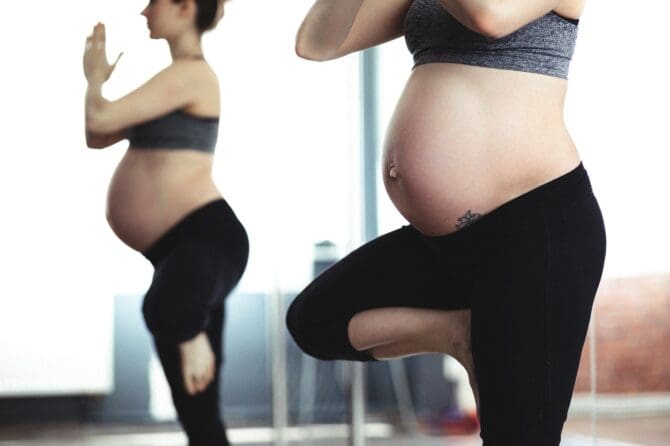Being pregnant often means having to change your dietary habits and goals, at least temporarily. Where a woman might have formerly been focused on slimming down, during pregnancy she instead needs to add 300 calories onto her normal 2,200 calorie intake in order to maintain her energy levels and support her growing baby. These added requirements are essential for the health of both mother and child.
Women who are pregnant, especially those who are having their first child, may worry about how to eat to make sure they’re getting all the nutrients they and their baby need. Here are some specific food recommendations that will give you the nutrients you need. The following are the components of healthy nutrition for a pregnant woman:
Calorie Needs
A woman in her childbearing years should consume 2200 calories per day. If you become pregnant, you will need 200-300 additional calories to maintain the nutrient levels you and your child need. It is crucial for these calorie needs to be met in order to support the child’s development. Even obese women should make sure they consume at least 1500 calories a day, though they should get these calories from quality foods rather than empty-calorie fast foods.
Protein Needs
It is generally recommended that women consume 44-46 grams of protein per day, with this number increasing to 60 grams during pregnancy. Most of your daily protein needs can be met through consuming common animal proteins such as meat, poultry, fish, yogurt, eggs, and milk. Protein is especially important during pregnancy as many other nutrients are integrated into proteins. If protein needs are met, then it is likely that other overall nutritional needs will be met as well.
Fat Needs
Linoleic acid is an essential fatty acid that is not naturally produced by the body. You can get it from vegetable oils such as corn, sunflower, peanut, olive and cottonseed. These oils are better than animal oils.
Vitamin Needs
Fruits and vegetables are great for getting vitamins, which are important for all sorts of things, especially for pregnant women. Vitamins help with the development of the baby and can prevent birth defects.
Mineral Needs
Minerals play an important role in the creation of new cells within the human body. Some of the most common minerals that are important to take during your pregnancy include calcium, phosphorus, iodine, iron, fluoride, sodium and zinc. If you’re someone who often grabs prepared lunches from the grocery store, you can take a look at the labels to see which packages are fortified with these minerals.
Fluid Needs
During pregnancy, it’s important to drink extra water to help your kidneys function properly. This is necessary for you and your baby’s health. Most experts recommend that pregnant women drink two glasses of fluid each day, in addition to a daily quart of milk.










